Holter Monitoring
Holter Monitoring involves a continuous ECG recording of cardiac rhythm for 24 hours or longer during the patient’s activities of daily living. Multi-channel analysis of heart rate and rhythm allows the physician to correlate patient symptoms with objective evidence of any underlying cardiac rhythm abnormality.
The investigation is widely used to determine the origin of palpitations, investigate the causes of dizziness and blackouts, assess heart rate control with underlying atrial fibrillation and determine the need for pacemaker treatment or anti-arrhythmic therapy.
Preparation includes cleaning the chest which may involve small areas of shaving, attachment of electrodes and then securing a small recording device to the patient’s belt or within a pouch. Patients should shower/bathe before the test but avoid getting the system wet during the 24 hour monitoring period. A diary will be kept during the test to correlate symptoms with any ECG changes; the monitor also has an “event” button to press if symptoms occur.
Holter testing is safe, occasional minor skin reactions occur in response to the ECG electrodes.




 Referrals & Patient Enquiries:
Referrals & Patient Enquiries: 


